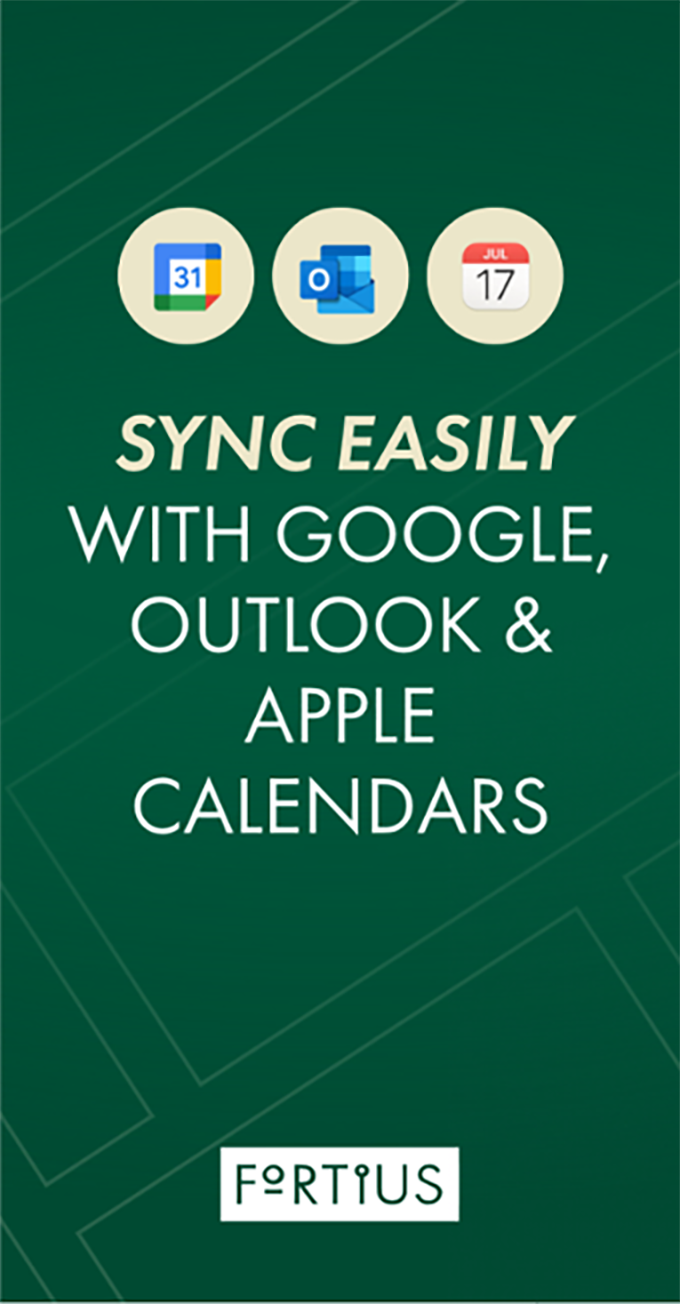Redesigning for the Future: Rethinking Packaging for a Sustainable World
"
The packaging industry is at a crossroads, facing the urgent need to balance environmental responsibility with functionality, consumer satisfaction, and economic viability. This challenge was highlighted at the recent Packaging
Date:April 17, 2025
Latest Exhibition News
The smarter E Europe 2024: A Comprehensive Overview
--April 22, 2025
EdilExpoRoma: Innovation in Outdoor Living and Energy Efficiency
--April 22, 2025
Oroarezzo 2025: The Italian Jewelry Manufacturing Projecting the Jewelry Sector Worldwide
--April 22, 2025
Auto 2025: A Groundbreaking Exhibition in Latvia
--April 22, 2025
The 2025 Control International Trade Fair for Quality Assurance
--April 22, 2025

The packaging industry is at a crossroads, facing the urgent need to balance environmental responsibility with functionality, consumer satisfaction, and economic viability. This challenge was highlighted at the recent Packaging Innovations & Empack 2025 event in NEC Birmingham, where Google's Miguel Arevalo, the Packaging Sustainability Lead, discussed the company's innovative approach to sustainable packaging. The event attracted a record number of attendees, including 10,000 exhibitors and 50,000 visitors.
Google's approach to packaging is redefining the future of design and materials. With a focus on fibre-based materials to drive circularity, Google aims to eliminate plastics from its packaging to ensure compatibility with existing recycling systems. "Packaging is not just about protecting the product," Arevalo stated. "It’s about ensuring that it has minimal environmental impact, that it can be reused and recycled, and that it serves the future needs of our planet." Google's commitment to material circularity reflects its focus on developing plastic-free packaging solutions that prioritize recyclability.
Transparency and knowledge sharing are cornerstones of Google's strategy. The company believes in honest communication to build consumer trust. "One of the key lessons we’ve learned is that consumers want transparency," Arevalo said. "They don’t just want to hear about what we’re doing – they want to understand why and how we’re doing it." Google has adopted an open-source approach by developing resources like its Plastic-Free Packaging Design Guide to share its journey with other companies.
Google's journey towards sustainable packaging is not about achieving perfection overnight but about making incremental improvements. "Sustainability is a journey," Arevalo noted. "It’s about progress, not perfection." The company is actively looking into other distribution solutions that can challenge current produce-use-dispose paradigms with closed-loop systems. Google has been working on internal closed-loop systems to develop solutions for moving product components among their suppliers to their assembly centres.
At the heart of Google's packaging strategy is a focus on design. The team stresses that a product's packaging design is integral to its sustainability. From reducing unnecessary materials to creating designs that encourage reuse, the aesthetic and functionality of packaging play a crucial role in driving sustainable behaviours. "The packaging must work not just for today but for the long term," Arevalo said.
The future of packaging balances environmental stewardship with cutting-edge innovation. Industry events like London Packaging Week offer opportunities for innovation and collaboration as they bring together sector leaders. With leaders like Miguel Arevalo at the helm, the future of packaging is one where sustainability becomes a key player in the fight against climate change, driving innovation and collaboration at every stage of the supply chain.
For those interested in learning more or participating in such events, registration for Packaging Innovations & Empack 2026 can be done online. The event will take place from February 11th to 12th at NEC Birmingham in Birmingham, United Kingdom.
Google's approach to packaging is redefining the future of design and materials. With a focus on fibre-based materials to drive circularity, Google aims to eliminate plastics from its packaging to ensure compatibility with existing recycling systems. "Packaging is not just about protecting the product," Arevalo stated. "It’s about ensuring that it has minimal environmental impact, that it can be reused and recycled, and that it serves the future needs of our planet." Google's commitment to material circularity reflects its focus on developing plastic-free packaging solutions that prioritize recyclability.
Transparency and knowledge sharing are cornerstones of Google's strategy. The company believes in honest communication to build consumer trust. "One of the key lessons we’ve learned is that consumers want transparency," Arevalo said. "They don’t just want to hear about what we’re doing – they want to understand why and how we’re doing it." Google has adopted an open-source approach by developing resources like its Plastic-Free Packaging Design Guide to share its journey with other companies.
Google's journey towards sustainable packaging is not about achieving perfection overnight but about making incremental improvements. "Sustainability is a journey," Arevalo noted. "It’s about progress, not perfection." The company is actively looking into other distribution solutions that can challenge current produce-use-dispose paradigms with closed-loop systems. Google has been working on internal closed-loop systems to develop solutions for moving product components among their suppliers to their assembly centres.
At the heart of Google's packaging strategy is a focus on design. The team stresses that a product's packaging design is integral to its sustainability. From reducing unnecessary materials to creating designs that encourage reuse, the aesthetic and functionality of packaging play a crucial role in driving sustainable behaviours. "The packaging must work not just for today but for the long term," Arevalo said.
The future of packaging balances environmental stewardship with cutting-edge innovation. Industry events like London Packaging Week offer opportunities for innovation and collaboration as they bring together sector leaders. With leaders like Miguel Arevalo at the helm, the future of packaging is one where sustainability becomes a key player in the fight against climate change, driving innovation and collaboration at every stage of the supply chain.
For those interested in learning more or participating in such events, registration for Packaging Innovations & Empack 2026 can be done online. The event will take place from February 11th to 12th at NEC Birmingham in Birmingham, United Kingdom.
Latest Exhibition News
The smarter E Europe 2024: A Comprehensive Overview
--April 22, 2025
EdilExpoRoma: Innovation in Outdoor Living and Energy Efficiency
--April 22, 2025
Oroarezzo 2025: The Italian Jewelry Manufacturing Projecting the Jewelry Sector Worldwide
--April 22, 2025
Auto 2025: A Groundbreaking Exhibition in Latvia
--April 22, 2025
The 2025 Control International Trade Fair for Quality Assurance
--April 22, 2025
Update:2025-04-11
Current location: Home>Latest Exhibition News>Redesigning for the Future: Rethinking Packaging for a Sustainable World


